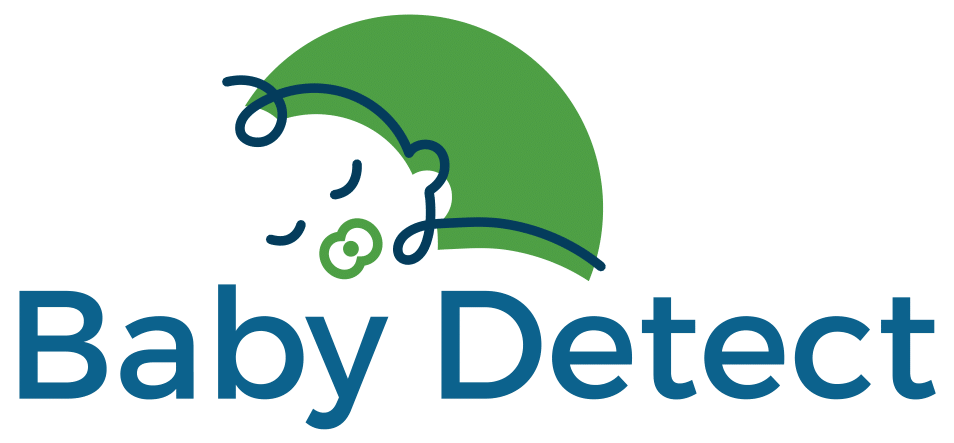Also known as: Mitochondrial complex I deficiency, nuclear type 20; MC1DN20; Mitochondrial complex I deficiency due to ACAD9 deficiency; Acyl-CoA dehydrogenase 9 deficiency.
(OMIM#611126 https://omim.org/entry/611126)
1. The disease
ACAD9 deficiency is caused by a mutation in the ACAD9 gene (3q21.3) that encodes the protein ACAD9. This protein has only relatively recently been described but is quite widely expressed in tissues and has activity as an acyl-CoA dehydrogenase with overlapping substrate specificity with very long-chain acyl-CoA dehydrogenase (VLCAD). It also acts an assembly factor for complex I of the respiratory chain and therefore has a vital role in the production of a functioning mitochondrial respiratory chain.
2. The symptoms
Patients present predominantly with neurological, hepatic and /or cardiomyopathic disease with isolated NADH-CoQ reductase deficiency. Manifestations include failure to thrive, hypertrophic cardiomyopathy, exercise intolerance, liver disease and mild to severe neurological dysfunction. Lack of early signs or symptoms does not exclude the diagnosis.
3. Actions to take in case of early diagnosis
- Babies should continue breastfeeding and riboflavin supplementation should be sooner considered. Early treatment is essential in preventing chronic symptoms.
- ACAD9D is a lifelong disorder that requires lifetime management and regular follow-up with a metabolic physician, apart from a multidisciplinary approach to care.
- Published data show that riboflavin treatment improves complex I activity in most patient-derived fibroblasts tested. This effect was also reported for most of the treated patients and is mirrored in the survival data. In the patient group with disease-onset < 1 year of age, we observed a statistically significant better survival for patients treated with riboflavin.
- Genetic counseling is highly recommended for family planning and evaluation of at-risk family members such as siblings as it is an autosomal recessive disease.
4. More informations
- Orphanet : https://www.orpha.net/consor/cgi-bin/Disease_Search.php?lng=EN&data_id=3298&Disease_Disease_Search_diseaseGroup=SCOT-deficiency&Disease_Disease_Search_diseaseType=Pat&Disease(s)/group%20of%20diseases=Succinyl-CoA-3-oxoacid-CoA -transferase-deficiency&title=Succinyl-CoA:3-oxoacid%20CoA%20transferase%20deficiency&search=Disease_Search_Simple
- Biblio : Repp BM, Mastantuono E, Alston CL, et al. Clinical, biochemical and genetic spectrum of 70 patients with ACAD9 deficiency: is riboflavin supplementation effective? Orphanet J Rare Dis. 2018;13(1):120. PMID: 30025539
